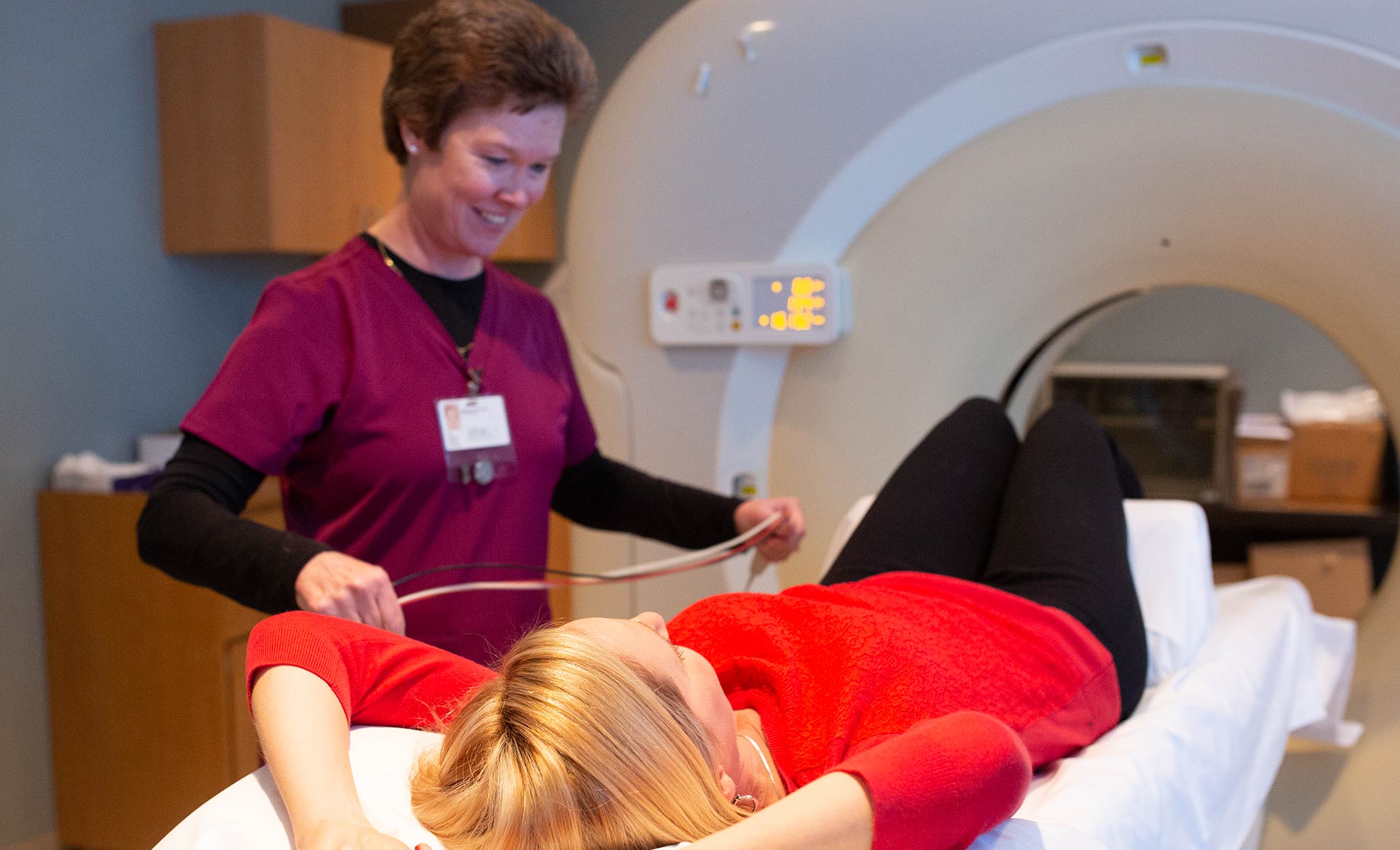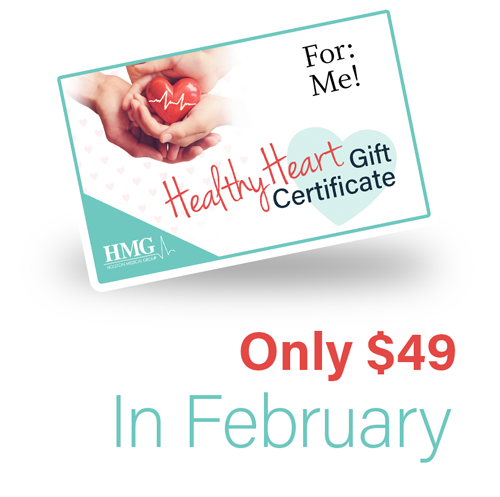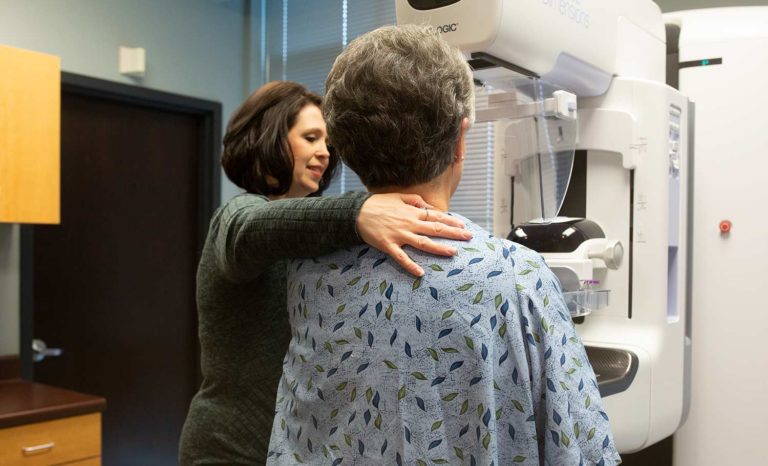February is a month devoted to the heart. Our hearts take on a lot, emotionally and physically. So, even though the emotions of Valentine’s Day are over, National Heart Month goes on, and it’s a good time to focus on heart health.
Heart disease is the leading cause of death in both men and women in the United States. In fact, every 34 seconds someone in our country dies of heart disease.
The stats are scary for those living with heart disease, too. Between medicine, lost wages and time at work, and other services, heart disease costs nearly $230 billion each year.
Still, there’s a lot you can do to lower your risks. Even small changes can make a world of difference.
Understanding Heart Disease
Heart disease is really more than one disease. People mostly think of heart attacks, which happen when something called “plaque” builds up and slows down how quickly your blood flows. But heart disease can also be a problem with how fast your heart beats. You might get a fluttery feeling in your chest that your provider calls “arrhythmia.”
Heart failure is another heart disease that makes it very hard to breathe. You may also notice swelling in your feet.
People are most likely to get heart disease if they have high blood pressure, high cholesterol, or smoke. People with diabetes, who are overweight, who don’t lead an active lifestyle or who drink a lot of alcohol are also at a higher risk for heart disease. These same risk factors also raise your chance of having a stroke. Some people call a stroke a “brain attack” because it’s when blood can’t get to part of the brain.

Recognize the Symptoms of a Heart Attack or Stroke
Unfortunately, the symptoms of a heart attack or stroke are different for everyone. They are often not the same for women and men.
During a heart attack, some people say they feel like they have an elephant sitting on their chest. Others feel back or jaw pain. Here are some things to watch for:
- Pain, numbness, pinching, prickling, or other uncomfortable sensations in one or both arms, your back, neck, jaw, or stomach
- Sudden upset stomach or throwing up
- Feeling lightheaded or dizzy
- Suddenly tired
- Hot or cold sweats
- Heaviness, weakness, or pain in one or both arms
- Unexplained back pain
- Heart racing
Almost as many women as men die each year of heart disease, but more studies have found that women have unique symptoms. While women don’t always feel the pressure of “an elephant on their chest,” their signs can be more subtle, like:
- Indigestion
- Back pain
- Shortness of breath
Regardless of the symptom, knowing that you’re having a heart attack can help emergency providers treat you faster.
The same can be said for a stroke, when every minute counts. The sooner we catch a stroke and begin to treat it, the less chance that brain cells will die. A stroke feels like:
- Numbness or weakness of the face, arm, or leg, especially on one side of the body
- Confusion or trouble speaking or understanding
- Trouble seeing in one or both eyes
- Having a hard time walking
- A bad headache without warning or knowing why
Screenings Can Prevent Problems
The good news is that heart disease can be prevented. Even the smallest changes in your life can make a difference to lower your risk of heart disease and stroke. For example, people who stop smoking immediately lower their blood pressure within 20 minutes of their last cigarette. A healthy diet lower in salt and fried foods can also help.

In addition to lifestyle changes, you can let your body tell the story of your risk. With a simple scan that you get every year called a cardiac CT for calcium scoring, your provider can see how much of that plaque has built up in your body.
You don’t need pills or blood draws or even a provider’s note to get a cardiac CT scan for calcium scoring. It’s fast and easy. And, Holston Medical Group is here through it all for you by offering this scan in our Healthy Heart Gift Card for just $49 every February (regularly $69).
You can buy the Heart Healthy Gift Card for yourself or your loved ones. After you buy the card in February, you can schedule the exam for any time of the year — you don’t even have to have an HMG primary care provider!
The HMG cardiac CT scan for calcium scoring is also special because we have two kinds of providers review the results: a heart specialist and a radiologist. They look at your heart and the surrounding tissue to make sure you are healthy. We’ll even send the results to your regular provider.
Heart disease can be worrisome but preventing it doesn’t have to be. To take care of your heart (and the hearts of your loved ones), take the easy test at HMG. And, with a few simple changes to your lifestyle, you can set your heart on the right track. Don’t forget to subscribe to our blog to continue to get new health tips, wellness advice and more, straight from our providers!






